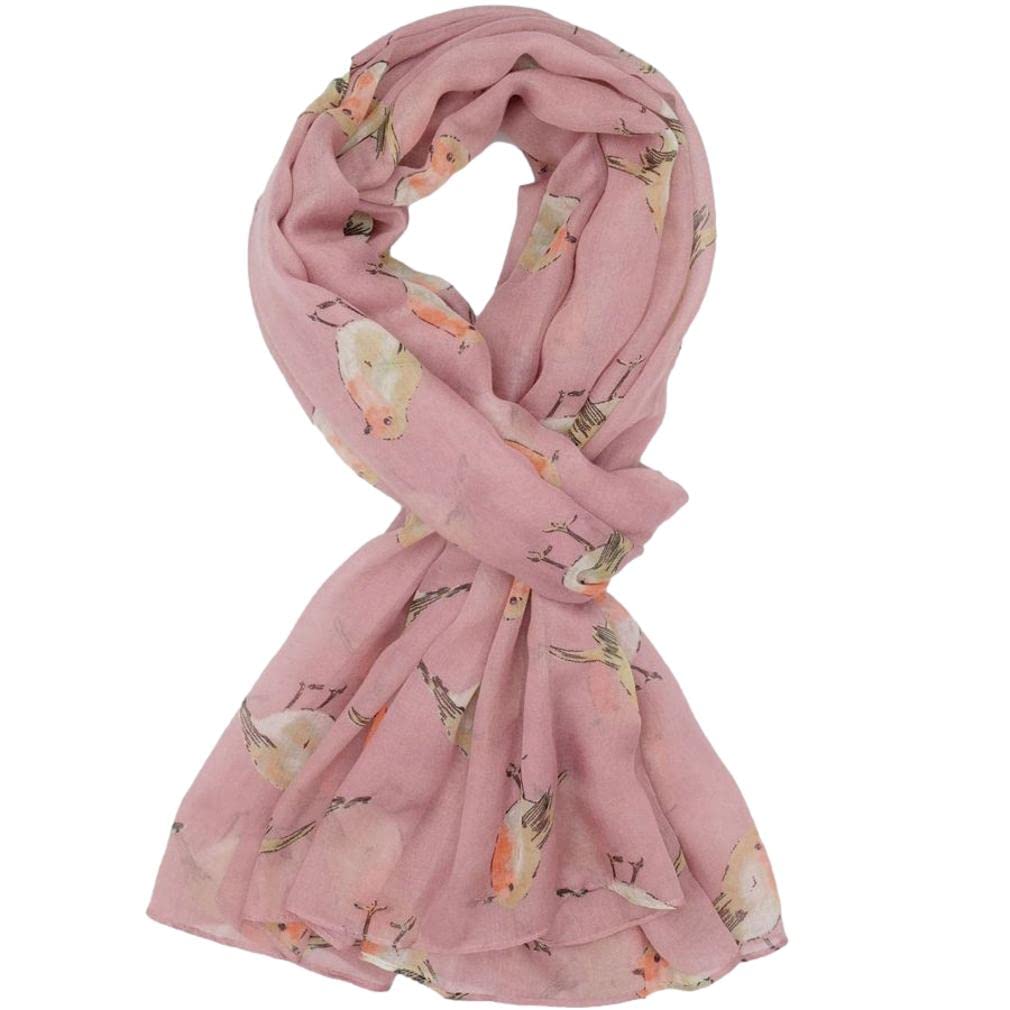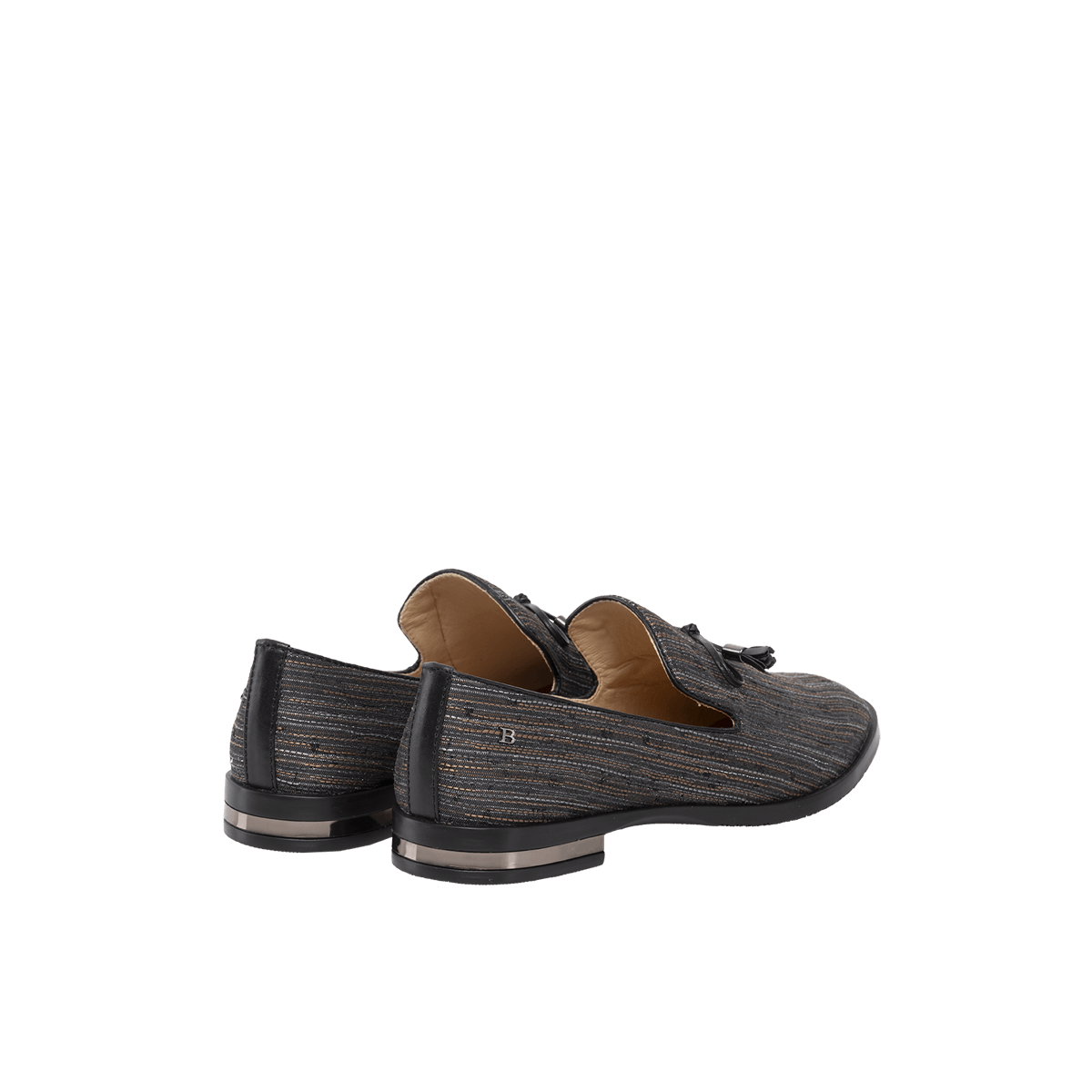Productos similares que te pueden interesar
¡Creemos que esto puede interesarte!

Blusa Tipo Chaleco Mujer Cárdigan Tipo Kimono De Moda Para Mujer. Estampado Floral Tropical, Suelto, Parte Superior Casual, Salida De Baño, Primavera Y Verano. Traje De Capa De Playa Para Nadar Kimono
43€
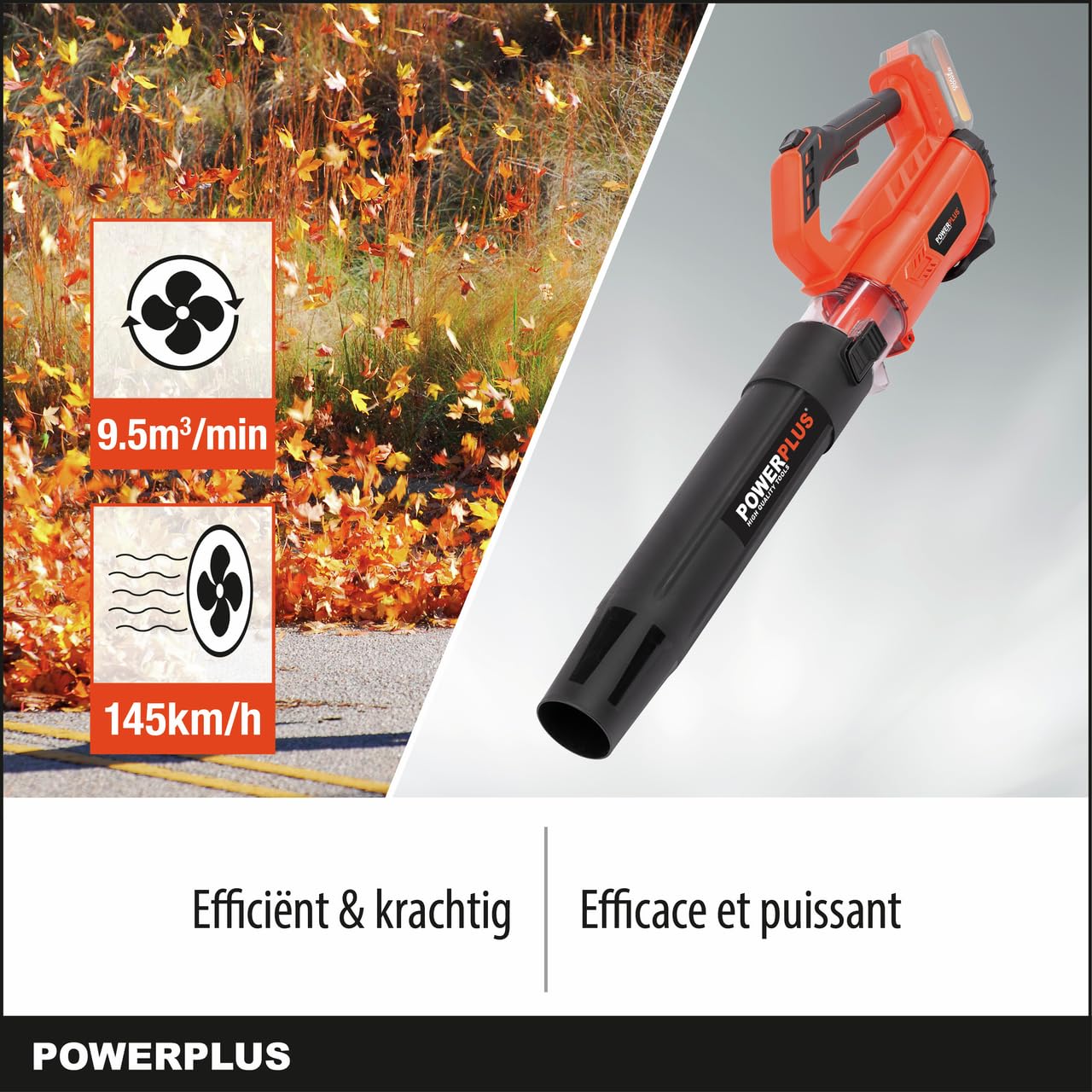
POWDPG7525 LEAF BLOWER 40V LI-ION (NO ACCU
29€
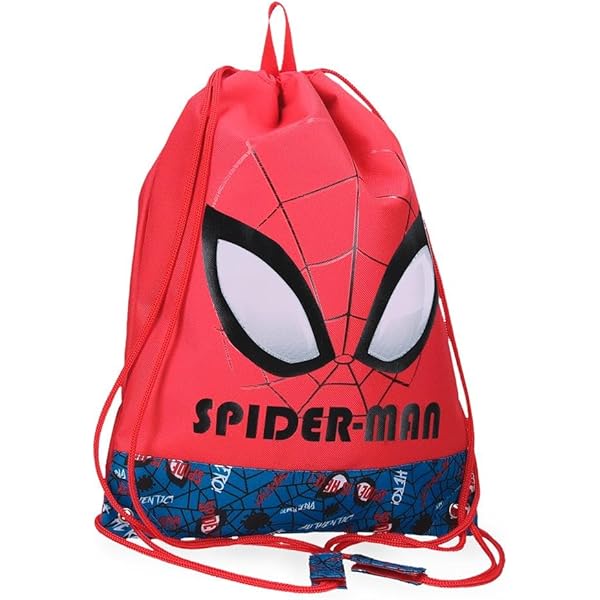
GABBY - Bolsa Deportiva Con Asas Y Bolsillo Para Niño, Bolsa De Cordón
8€

Collar Vikingo De Runas Para Hombre, Joyería De Dios Nórdico De Acero Inoxidable Con Bolsa De Regalo Valknut-Loki - AliExprs
15€
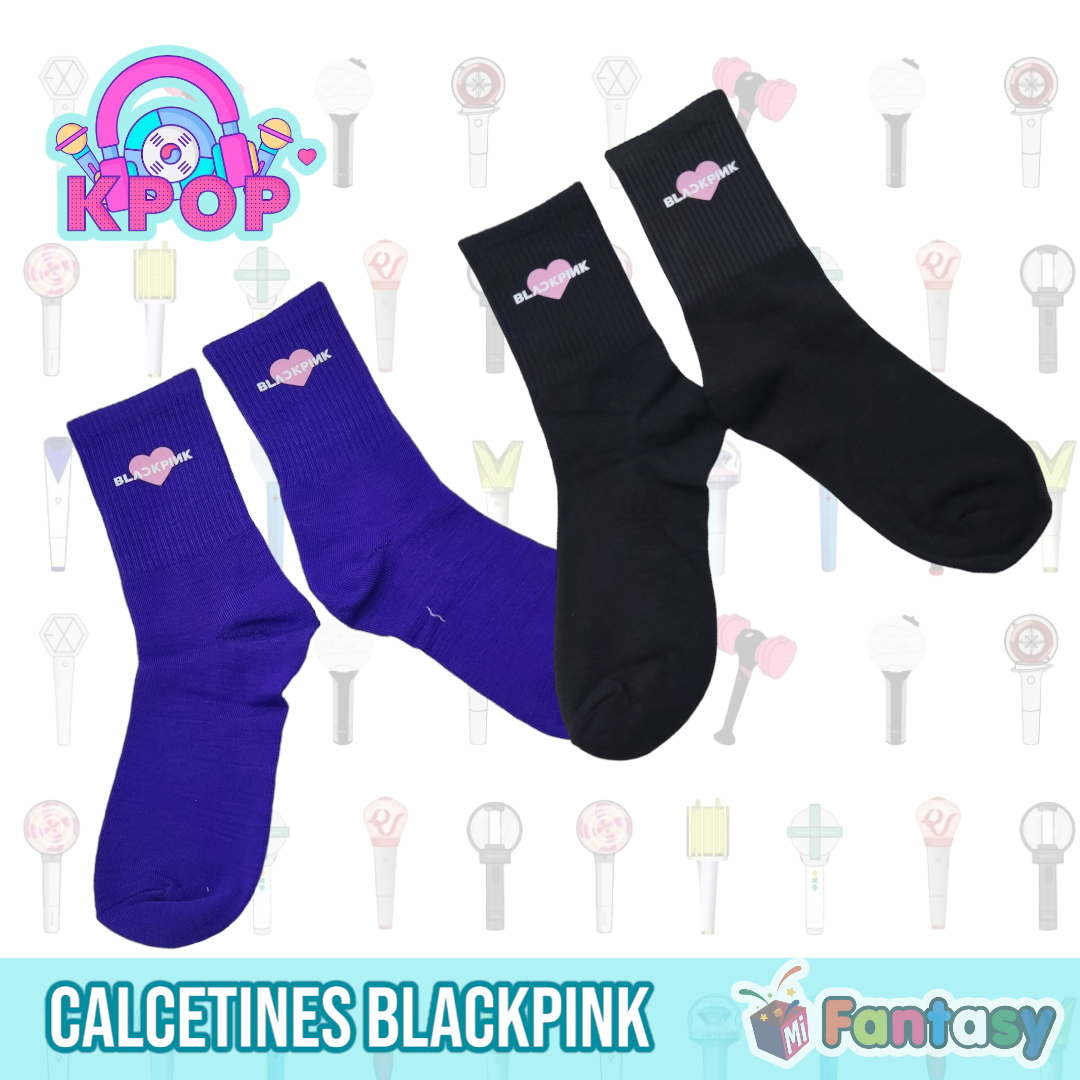
Pack De 7 Pares De Calcetines Medianos De Lúrex, Para Niña Azul
11€

SLUYNZ Pendientes De Tuerca De Plata De Ley 925 Maciza Con Diseño De Mariposa Pequeña Para Mujeres, Adolescentes Y Niñas, Aretes De Doble Mariposa, Plata De Ley, Sin Piedra Preciosa
4€

Aura Roll-On Para "Soltar" Con Bola De Rodillo De Amatista Y Piedras Preciosas Naturales Dentro, Hecha Con Aceites Esenciales Puros De Canela Y Pomelo, Hecho A Mano En Bali Bajo La Luna
11€

Wera 8009 Zyklop Pocket Set 2, 18-teilig, Bit-Satz Schwarz/grün
50€
Descripción
Bufanda de pájaro azul pintada a mano con flores de Petirrojo Azul Siberiano Masculino Imagen de archivo - Imagen de animal... Preciosa bufanda grande de color azul claro con un estampado de petirrojo, larga y ancha, ligera y súper suave, cubre y cae hermosamente. Foto acerca Petirrojo azul siberiano (cyane) del Luscinia, pájaro, parque nacional de Khao Yai, Thaland. Petirrojo Azul Siberiano Aislado Sobre Fondo Blanco Foto de stock y más... Envío diario de lunes a viernes Purple Possum® - Bufanda De Amapola Para Mujer, Color Azul Marino Haz clic en nuestro nombre Purple Possum arriba para ver nuestros otros artículos a la venta en nuestra tienda de Amazon.
Opiniones
4.4/5
Puntuación general de 1096 opiniones de clientes
5
4
3
2
1
Estás aquí:






